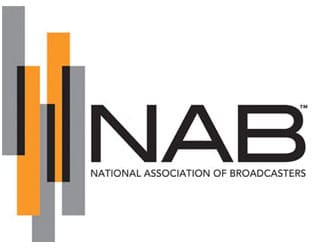“As is well known, the FCC has decided to truncate the C-band satellite downlink band (3.7-4.2 GHz) from a bandwidth of 500 MHz to 200 MHz, with the other 300 MHz to be auctioned for terrestrial wireless services,” notes Fletcher Heald & Hildreth attorney Peter Tannenwald. “Earth station (satellite dish) operators who have licensed or registered their dishes will be entitled to reimbursement of the costs of modifying their equipment to receive the modified signals that will be delivered by satellite operators.”
Here’s what you need to know on the matter.
“C-band earth stations are widely used to receive program content for television and radio broadcast stations and cable television systems,” Tannenwald writes in a recent blog post. “Although no license or registration is required to operate a downlink earth station that has no transmit capability, registration protects the operator from interference from terrestrial microwave services that share C-band downlink frequencies. To obtain that protection, many broadcasters and others registered their dishes during a filing window that closed in the fall of 2018.”
The FCC has proposed to offer two choices for reimbursement:
- actual documented costs that dish operators will incur when the C-band spectrum is truncated, which must be actually incurred and fully documented
- a lump sum payment based on average costs that the FCC will determine based on an outside contractor’s study and comments from the public.
The FCC has published a preliminary table of average costs for lump-sum reimbursement, which are different for earth stations in each of 10 categories and includes a separate amount for the cost of technology upgrades.
The FCC is allowing only seven calendar days for comments, suggesting that they are in a hurry to finalize the table and get the process going.
Comments must be submitted by June 16, 2020.
The proposed lump-sum reimbursement amounts are as follows:
 “If you feel that the proposed lump sum payments are inadequate, we recommend that you consider filing comments ASAP,” Tannenwald says.
“If you feel that the proposed lump sum payments are inadequate, we recommend that you consider filing comments ASAP,” Tannenwald says.





